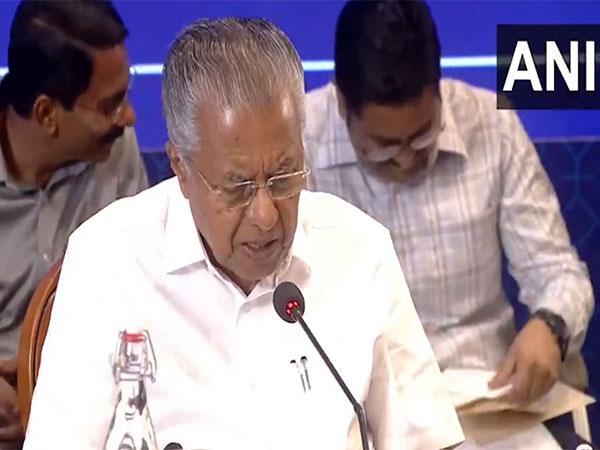Southern States Unite Against BJP-Led Delimitation Plans
Kerala CM Pinarayi Vijayan criticizes the BJP government's unconsulted move to reframe Lok Sabha constituencies, calling it politically motivated. Southern leaders, joined by Tamil Nadu CM MK Stalin, formed a Joint Action Committee in protest, fearing reduced parliamentary influence and financial share for southern states.

- Country:
- India
In a rallying cry for political solidarity, Kerala Chief Minister Pinarayi Vijayan has launched a stinging critique against the BJP-led central government's unconsulted decision to proceed with delimitation of Lok Sabha constituencies. Speaking at a gathering on Saturday, CM Vijayan warned that the move appears not to be guided by constitutional principles, but by entrenched political motives benefitting certain regions over others.
Vijayan highlighted the potential adverse effects of a population-based delimitation post-census, which could increase northern states' parliamentary representation at the expense of the south, where birth rates have decreased since previous adjustments in 1973. This realignment, he argued, would undermine southern states' influence in Parliament and relegate their rightful claims to national resources.
In a show of unity, southern leaders, including Tamil Nadu Chief Minister MK Stalin, gathered to oppose the move, forming a Joint Action Committee to coordinate resistance. They argue that such measures, coupled with new fiscal, linguistic, and cultural policies, destabilize India's federal system. Stalin stressed the need for a 'fair delimitation,' urging opposition parties to unite for a just political representation.
(With inputs from agencies.)
ALSO READ
Courage and Rescue: Inside the Jaffar Express Hijacking
Dramatic Train Hijacking in Balochistan: A 30-Hour Siege Ends with Hostage Rescue
Tragic Train Hijacking: The Bloody Standoff in Balochistan
Kerala CM Pinarayi Vijayan Calls for Inclusive Approach in Constituency Delimitation
Escalation in Balochistan: Deadly Train Hijacking Sparks Regional Tensions










